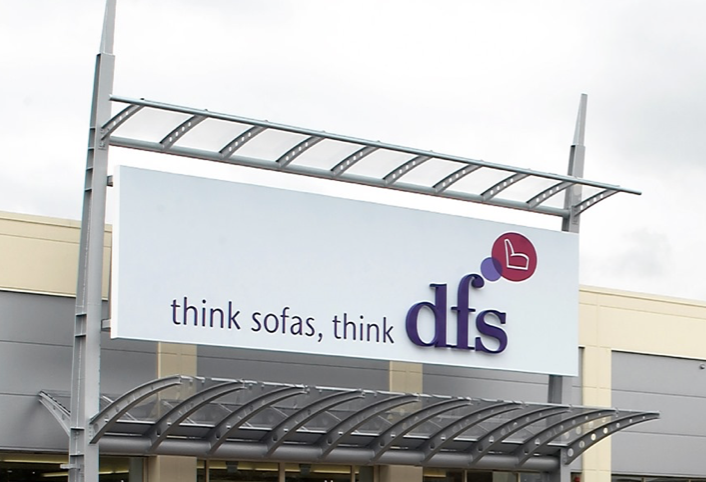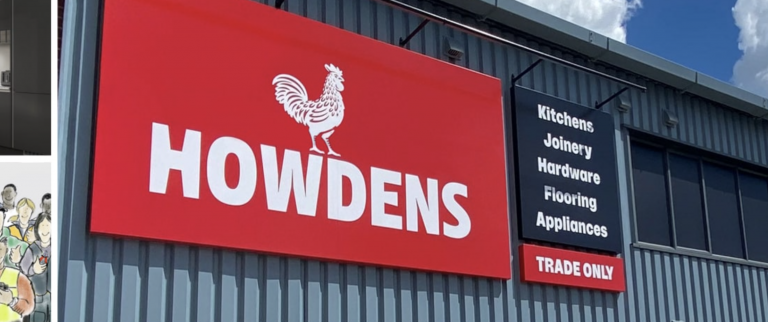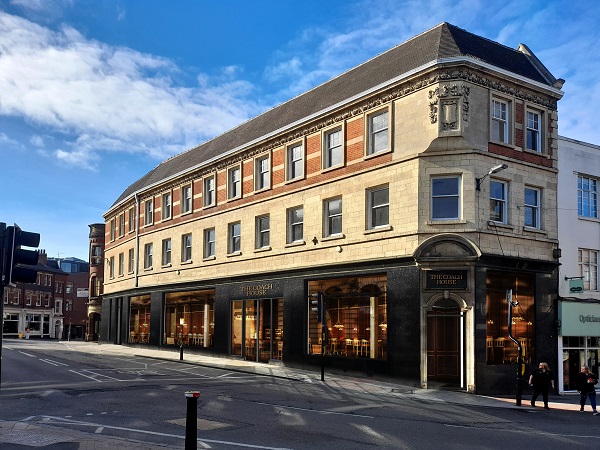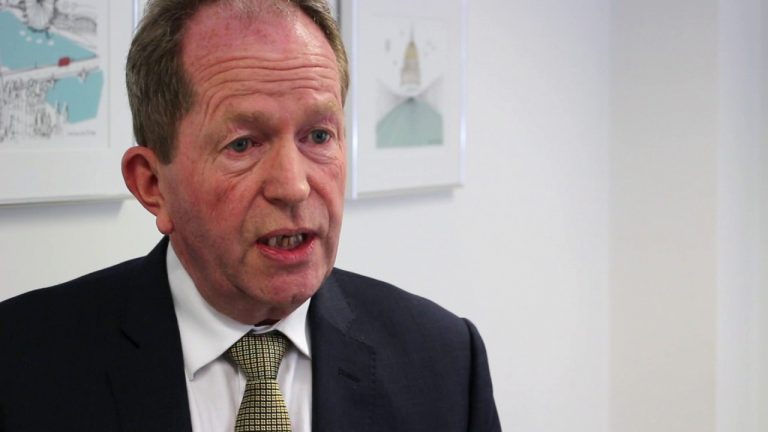The Bank of England’s Interest rate rise will leave small businesses between a rock and a hard place according to leading business group, the FSB.
The macroeconomic justification for the rate hike will be cold comfort for small firms hit by inflation and rising debt costs.
Following today’s decision by the Bank of England to increase the base rate from 2.25% to 3%, Federation of Small Businesses (FSB) National Chair Martin McTague said:
“Whatever the macroeconomic justifications for this latest rise, the eighth in a row, its effects will be felt immediately on the ground by small businesses carrying many kinds of debts, as well as by hard-pressed consumers.
“Consumer confidence in October was only slightly above its all-time low in September, which spells worrying news for countless small firms relying on consumer spending in the so-called ‘golden quarter’ running up to the festive season.
“Our research found that firms in the hospitality sector had a confidence reading almost twice as negative as the overall score for all sectors in Q3, raising fears of a wave of closures if prospects do not improve this winter.
“Prior to today’s base rate hike, small firms were already telling us that the availability of new credit worsened in the third quarter, and that finance was already getting more costly, adding to the financial pressures they face.
“Inflation is still sky-high, especially for business inputs, where it is running at around twice the rate of that felt by consumers.
“Today’s rise may be seen by markets as necessary and inevitable, but for small businesses struggling under a debt burden and seeing decreases in custom that will be cold comfort.
“The Chancellor must not forget small businesses and self-employed people in the upcoming Budget.
“While there are undoubtedly tough decisions ahead, a further drop in small business numbers, after 2020 and 2021 saw a combined loss of nearly half a million, will hamstring the UK’s economic recovery before it has a chance to get going.
“Action on late payment at least would be a godsend for small firms, opening up flows of working capital to keep them able to trade. The long-running scandal of large corporates’ poor payment practices must end, and the sooner the better.”












